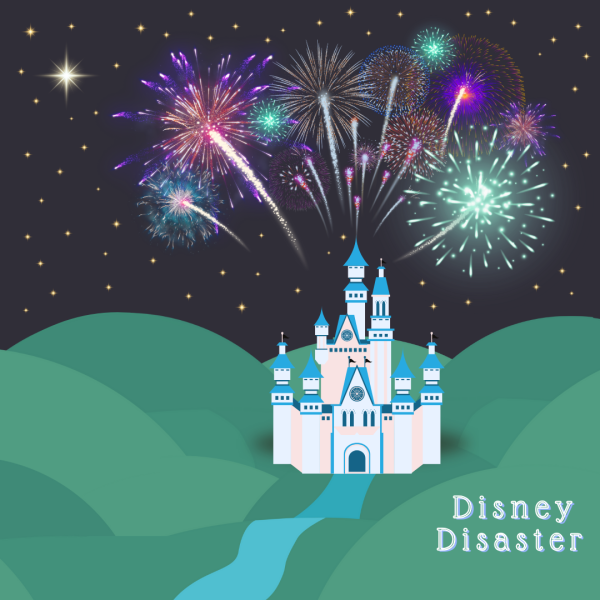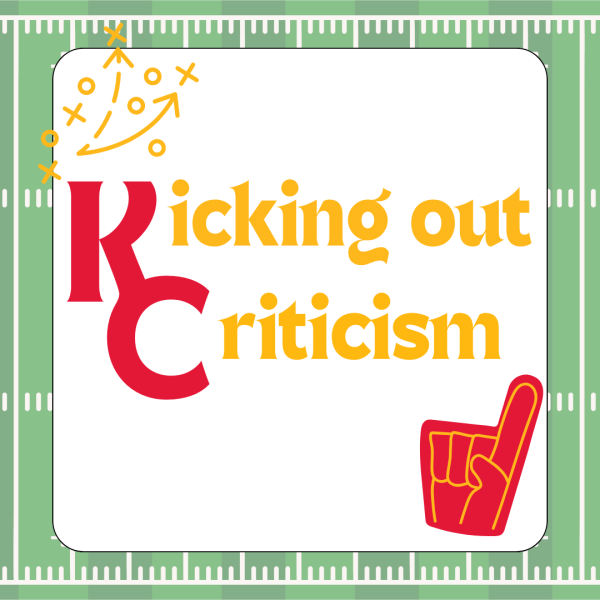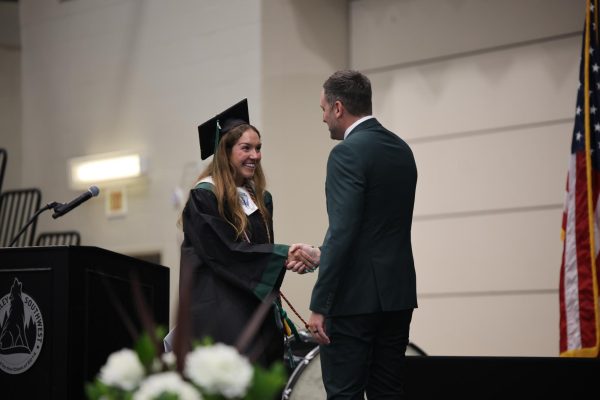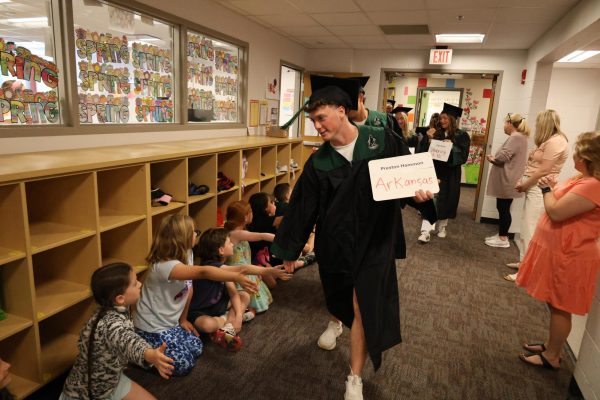College resources for students should be better explained
Thursday afternoon, 20 students shuffle from their advisory room to the library. Seated at the computers, they log into Naviance and follow the instructions to take the same quiz they took the year before. After mindlessly clicking answers, the bell rings, they log off and file out for their next class, knowing they won’t open Naviance again for at least a month, if not longer.
In advisory freshman year, students are introduced to Naviance — a website aimed at career and college readiness solutions, according to naviance.com — and told they will become familiar with it over the course of the next four years. However, the benefits Naviance has to offer are largely lost on students because they either don’t understand how to use it or use it so rarely. Junior Jacqueline Keith said that so far, Naviance hasn’t been particularly useful to her.
“I view it as a little bit of a hassle, and I know that it can be helpful, but I definitely don’t use it very much,” Keith said. “I feel like it’s something that’s just there that I haven’t used as a resource.”
Keith said she has been planning for college and doing college research since her freshman year, however Naviance hasn’t been a resource she has used in this process.
“I don’t feel like they say a lot about the college application process, at least not anything that I’ve heard, because I’m only a junior, and they definitely might provide this information later, but they’ve never really told us much about the college application process and what we need to know,” Keith said.
Students are often encouraged by parents and teachers to begin their college search early, but it can be confusing to know where to start. This confusion is only added to when they have tasks thrown at them like the Naviance career quiz, which Keith said was fun at first, but became tedious and repetitive after doing the same quiz multiple times. Beyond the quiz, though, senior Gabby Ochoa said her contact with Naviance was minimal up until this school year.
“[I used Naviance] when I was forced to up until this year when it was ‘I need to go in and send a request for [recommendation] letters, better go fill out the counselor information survey,’” Ochoa said. “That was a little easier to do because I understood that there was a purpose to it.”
Similarly, senior Nick Castle said he didn’t use Naviance at all the first three years of his high school career. This year, it has been beneficial in a few aspects, but as far as college applications, he said it felt more like an extra step to have to connect Naviance to his Common Application, which he used to apply to colleges.
“It’s really, to me, been another step I have to follow, another hoop I have to jump through,” Castle said. “It has shown me some scholarship opportunities, which has been helpful, but in the applications themselves, it hasn’t really been helpful. I did not use Naviance whatsoever to figure out what colleges I wanted to apply to.”
Naviance stands to offer many resources for students, such as scholarship opportunities, college representative visits to the school and resume templates, to name a few, but in order for these to be utilized, students need to be aware of them and should be taught how to use them properly, not just be forced take a quiz and then left with meaningless results. Especially when doing college applications, where there is a lot to organize for those who are applying to multiple colleges, knowing what resources are available would minimize stress.
“I think that [help is] probably available, I just wasn’t aware of it when I needed to be,” Ochoa said. “Now, I’m starting to understand that there are meetings to go talk to your counselor and stuff but when I was doing all of my applications over the summer, I had no clue that the school had resources available. They need to advertise them a little more, especially to juniors, because a lot of people fill out their applications over the summer because that’s when they have time to do it because they’re due in the fall.”
Castle said while he took the initiative to talk to the counselor and find out what he needed from them or asked his sister, a current college student, he’s helped peers who were confused as to what they needed to complete and when.
“I feel like because I went in and talked to my counselor, I was able to receive the information that I needed,” Castle said. “I feel like the school could probably stand to provide more information, because I know some of my friends, they didn’t know what all the due dates were or some of the essays they needed to write with enough time to write a good essay in time with the due date, so I feel like if the school was a little more proactive telling the students what they need done, when it needs to be done — it’s not the school’s responsibility to do that, but it could be helpful.”
The resources are there, and the counselors are always ready to help with any questions, but it would reduce work on the counselors and stress on students if tools like Naviance and the Common Application were explained, as well as reduce the feeling that Naviance is a nuisance or altogether pointless.
“Don’t take us down, make us sit at the computer, and look at Naviance, make us look at the Common App, and let us look at what we actually need to be doing, instead of sitting in the advisory rooms and playing charades,” Castle said.












